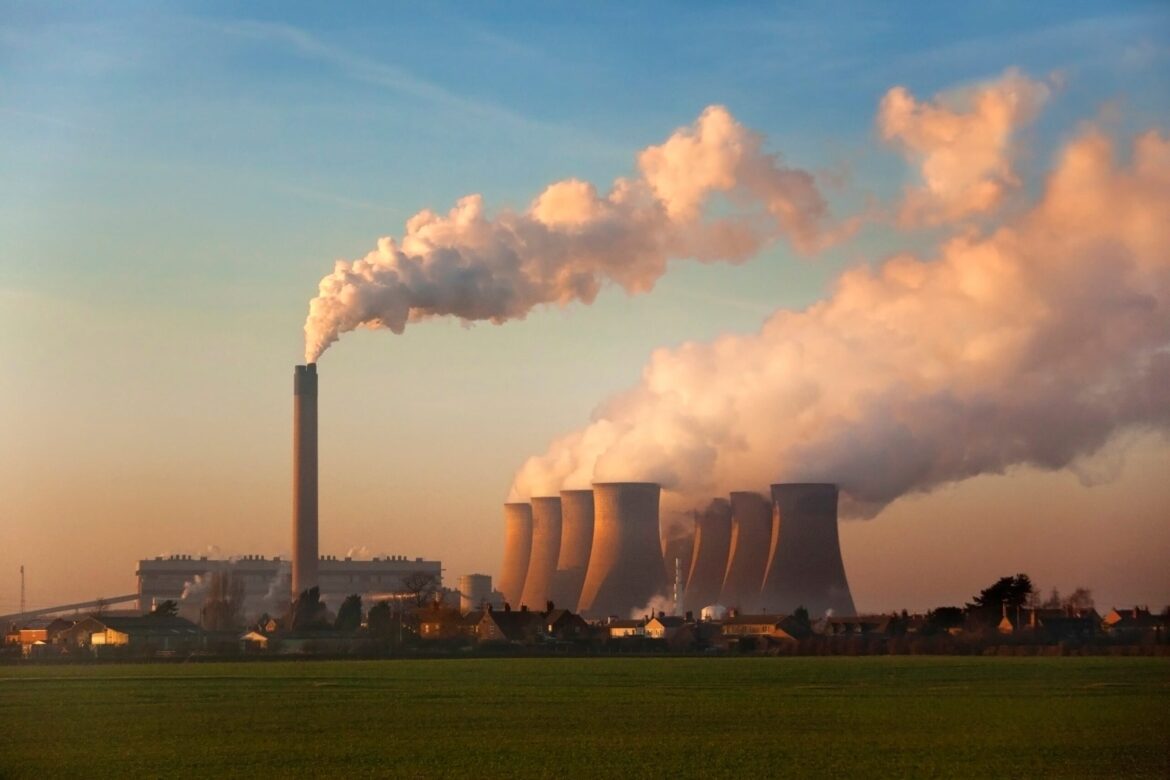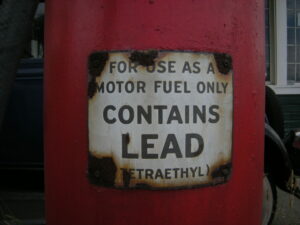
Understanding the Importance of Emissions Testing in South Africa
In South Africa’s diverse industrial landscape, controlling atmospheric pollution has become a non-negotiable priority. For industries ranging from manufacturing and mining to energy production and waste management, the emissions test is a critical tool for environmental stewardship and regulatory compliance. It’s about more than ticking boxes – it’s about protecting the health of workers and communities while preserving operational integrity.
Regulatory Landscape and Compliance Pressures
Under the National Environmental Management: Air Quality Act (NEM: AQA), South African industries must comply with prescribed emission limits and conduct regular the testing requirements stipulated. Failure to do so can result in legal penalties, reputational harm, and even operational shutdowns. A robust emissions test strategy ensures adherence to these standards and avoids the financial and legal risks of non-compliance.
Health and Environmental Impacts of Industrial Emissions
Industrial emissions release pollutants such as sulphur dioxide (SO₂), nitrogen oxides (NOₓ), volatile organic compounds (VOCs), and fine particulate matter (PM10 and PM2.5). These contaminants can aggravate respiratory and cardiovascular conditions, impact cognitive development, and degrade ecosystems. Routine emissions testing is therefore essential for early detection, mitigation, and accountability.
Apex Environmental: A Leader in Emissions Test Solutions
Who We Are and What We Stand For
Apex Environmental is a leading South African consultancy specialising in air quality management. With a proven track record of helping businesses improve their environmental performance, we deliver comprehensive solutions tailored to industry-specific challenges. Our approach blends scientific accuracy, cutting-edge technology, and deep regulatory understanding.
Understanding Industry-Specific Issues
In South Africa’s dynamic industrial landscape, every operation confronts distinct environmental challenges. Apex Environmental understands this necessity and proactively tailors solutions to address these industry-specific issues, which include the unique regulatory, operational, and environmental conditions inherent to each sector.
Take the mining industry, for example. This sector generates significant dust emissions, including respirable crystalline silica and heavy metal particulates, often in remote, open-air environments. It is essential to manage these emissions across extensive geographic areas, especially when operations are near sensitive communities or ecologically critical zones.
In the cement and construction materials sector, the challenges are starkly different. Kiln operations produce stack emissions and fugitive dust, releasing pollutants such as nitrogen oxides (NOx), sulfur oxides (SOx), and particulate matter. Continuous monitoring and control are non-negotiable to comply with stringent national air quality regulations.
The manufacturing sector also presents a broad spectrum of processes – from smelting to food production – resulting in varied emissions profiles. Industries must address common concerns such as volatile organic compounds (VOCs), carbon monoxide (CO), and other hazardous air pollutants (HAPs).
Custom monitoring setups are not optional; they are a necessity that must not disrupt production. Power generation facilities, particularly those relying on fossil fuels, emit substantial combustion-related pollutants. They must consistently remain within regulated thresholds while maximising plant efficiency and ensuring fuel quality.
Every industry faces a unique set of pollutants, operational scales, compliance expectations, and community relations concerns. Apex Environmental adeptly navigates this complexity through comprehensive, customised testing protocols and advanced data interpretation frameworks, delivering relevant, reliable, and actionable insights.
SANAS Accreditation and Quality Assurance
We are proud to hold SANAS (South African National Accreditation System) accreditation, which ensures our emissions test results are defensible, repeatable, and legally recognised. SANAS accreditation reflects our commitment to international best practices and quality management systems, giving our clients confidence in the integrity of their compliance data.
Emissions Test Services Offered by Apex Environmental
Stack Emissions Monitoring
We provide accurate stack emissions testing using isokinetic sampling methods, as outlined by international standards like US EPA and ISO. Pollutants commonly analysed include SO₂, NOₓ, CO₂, CO, and total suspended particulates. These tests are designed to determine emission rates and assess performance against legal limits and internal benchmarks.
Fugitive Emissions and Leak Detection
Fugitive emissions – those unintentionally released from industrial equipment – pose a unique challenge. Apex Environmental uses sophisticated tools such as Differential Absorption LIDAR (DIAL) and Flame Ionisation Detectors (FID) to pinpoint emission sources and provide remediation strategies. This proactive detection helps businesses minimise waste and improve environmental compliance.
Real-Time and Laboratory-Based Analysis
We offer both on-site real-time monitoring for immediate insights and laboratory-based analysis for complex chemical breakdowns. Our hybrid model ensures that urgent issues are addressed promptly while maintaining scientific rigor through laboratory verification.
Dust Management and Ambient Monitoring
Understanding Particulate Matter: PM10 and PM2.5
Dust pollution, especially in industries such as mining, construction, and materials processing, can severely affect air quality. PM10 and PM2.5 particles are small enough to penetrate deep into the lungs and bloodstream. Continuous measurement of these pollutants is crucial for assessing risk and developing control strategies.
Ambient Dust Monitoring and Data Interpretation
Apex installs state-of-the-art dust monitoring stations that track ambient particulate levels in real time. Data is logged continuously, allowing for the identification of emission peaks and correlation with operational activities or weather events. Our team interprets this data to guide immediate interventions and long-term strategies.
Designing Custom Dust Management Plans
Effective dust control is not a one-size-fits-all solution. We collaborate closely with clients to design bespoke dust management plans based on site-specific factors, prevailing wind patterns, terrain, and the nature of industrial activity. These plans may include water sprays, vegetation barriers, and process changes to reduce emissions at source.
The Role of Environmental Monitoring in Operational Success
Why Continuous Environmental Monitoring is Crucial
Modern industry must be agile, proactive, and compliant. Continuous environmental monitoring enables operators to detect anomalies early, reduce equipment stress, and ensure sustainable performance. It also contributes to improved health outcomes for workers and neighbouring communities.
Partnering with Apex: The Long-Term Benefits
Reduced Risk and Increased Compliance
With Apex Environmental as a partner, companies can significantly reduce the risk of non-compliance, regulatory penalties, and reputational damage. Our SANAS-accredited emissions test and dust monitoring services are designed to make regulatory audits straightforward and painless.
Enhancing Corporate Responsibility and Sustainability
Beyond compliance, our work supports broader corporate responsibility goals. Demonstrating a commitment to air quality enhances public image, investor confidence, and employee morale. It shows that your business is not just operationally sound but also environmentally accountable.
Frequently Asked Questions (FAQs)
What is an emissions test and why is it important?
An emissions test measures the pollutants released into the atmosphere by industrial activities. It is essential for legal compliance, environmental protection, and maintaining public health.
How often should emissions testing be conducted?
This varies depending on the type of industry, operational intensity, and regulatory requirements. Generally, testing is performed annually or bi-annually, but more frequent testing may be needed in high-risk settings.
What pollutants are typically monitored during emissions tests?
Common pollutants include sulphur dioxide (SO₂), nitrogen oxides (NOₓ), carbon monoxide (CO), carbon dioxide (CO₂), VOCs, and fine particulate matter (PM10 and PM2.5).
How does SANAS accreditation benefit clients?
SANAS accreditation ensures that testing results are scientifically sound and legally defensible, especially during regulatory inspections or disputes.
Can Apex Environmental help with both emissions and dust control?
Yes. Apex Environmental provides integrated services including stack testing, fugitive emissions detection, ambient monitoring, and dust management planning.
How do I get started with environmental monitoring services?
Visit our environmental monitoring page to learn more and schedule a consultation with our expert team.
A Cleaner, Safer Future
Apex Environmental is committed to helping South African industries rise to the challenge of air quality management. From precision emissions test services to real-time dust monitoring and strategic planning, we empower businesses to stay compliant, reduce their environmental footprint, and protect their workers and communities.
Our SANAS-accredited methodologies and client-first approach set us apart in the industry – you don’t just meet standards – you exceed them.








